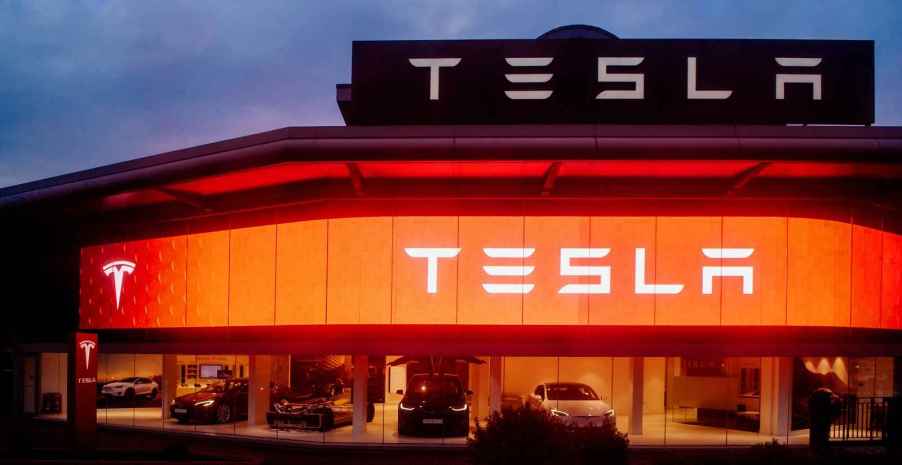
26% of Tesla Owners Wouldn’t Buy Their Car Again
Every year, Consumer Reports sends surveys to vehicle owners. In past years, Tesla has won “most loved” car brand in this survey of current owners. But the automaker’s ratings are plummeting and this year, 26% of Tesla owners said they wouldn’t buy their car again. This is still a much higher approval rating than most automakers enjoy. The dissatisfaction with Teslas may actually reflect a growing dissatisfaction with EVs in general.
CR broke down its owner survey into multiple categories. Tesla drivers report being more satisfied with the driving experience than owners of any other vehicle. This includes acceleration and handling. Other brands with rankings almost as high included Rivian, Porsche, BMW, Genesis, and Lincoln.
Tesla owners were also relatively happy with ownership costs and cabin storage. They weren’t as thrilled with usability or comfort as owners of other vehicles.

But what about that all important, “Would you buy your car again?” question? Seventy-four percent of Tesla owners said yes. But 26% of them said no. Porsche, BMW, and Mini owners all had higher “would buy again” rates. The number one spot went to Rivian, 86% of those owners would do it all over again.
Tesla ranked higher in this approval metric than 24 other car brands. At the bottom is Infiniti, 57% of those owners wouldn’t do it all over agin. Yup, that’s a 43% approval rating. Also below 60% approval were Mercedes-Benz, Audi, Jeep, Nissan, and Volkswagen.
So how did Tesla fall off the number one spot? I theorize that as sales increase, the EV is becoming less a niche item for early adopters and more a high-dollar luxury vehicle. And this makes sense, when you consider that the Model S Plaid starts at $89,990. But the truth is that Teslas don’t have luxury-level build quality. Most of that money goes into expensive lithium batteries and R&D for other tech. Drivers accustomed to luxury cars may be disappointed.
In addition, we are seeing an increasing number of early EV adopters are going back to gasoline. A study in the Journal Nature found that 19% of Californians who bought an EV between 2012 and 2018 are going back to traditional gas cars for their next purchase. Nobody is quite sure why, but I expect poor feedback on the public charger network has something to do with it. Also, these early EVs were slower to charge than more modern 800-volt models. Every Tesla besides the Cybertruck is still charging at 400 volts, so they may just not be keeping pace with the high-end EV experience.
Next, read EV owners reveal why they are returning to gas-powered, or see a Model 3 owner’s review:



